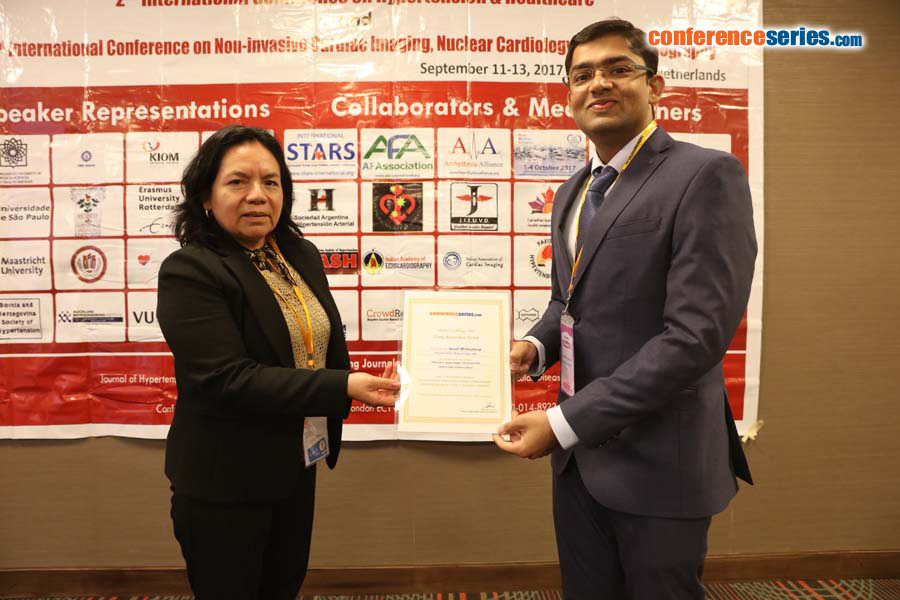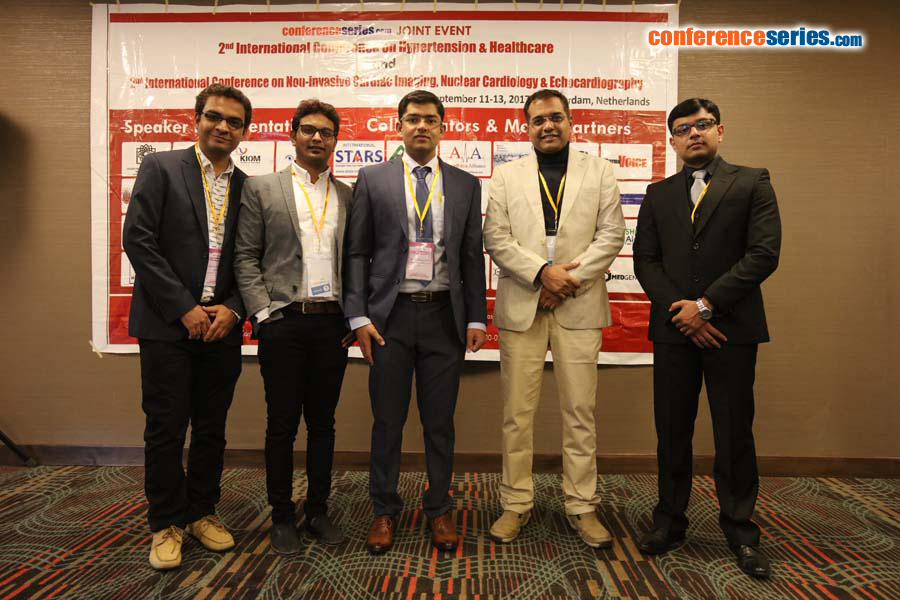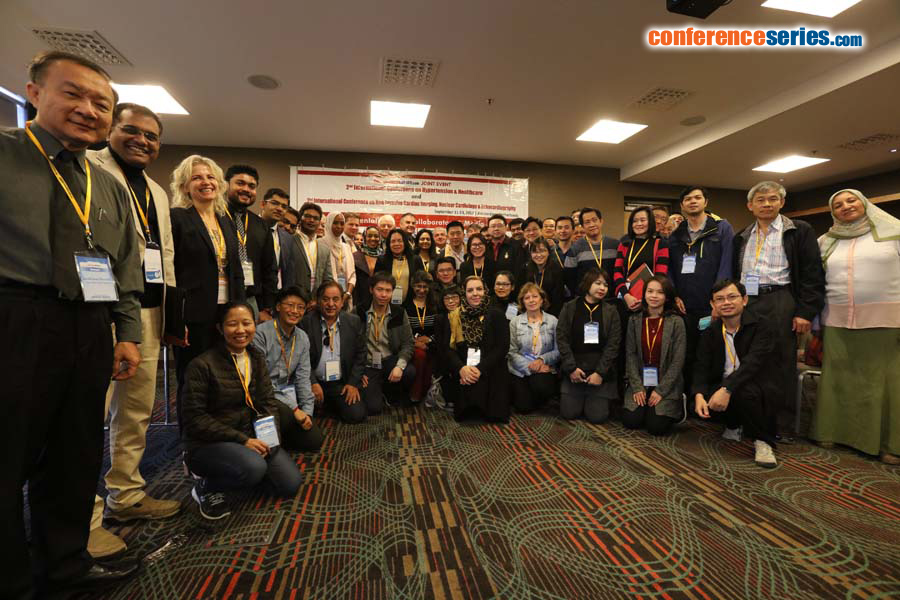
Ayush Shrivastava
Jawaharlal Nehru Medical College, India
Title: Study of tissue doppler imaging (TDI) for myocardial velocity in Sickle-Cell disease children
Biography
Biography: Ayush Shrivastava
Abstract
Background: Sickle-cell disease (SCD) is an inherited haemoglobin childhood disorder, frequently complicated by pulmonary hypertension and cardiac involvement. Tissue Doppler imaging is the simple indices for the assessment of the cardiac function.
Aim: To evaluate cardiac function by means of echocardiography in SCD children.
Study Design: Case control study
Methods: 30 children with SCD were compared with 30 age-matched healthy controls. Myocardial wall motion velocities at the lateral mitral annulus and the junction between the medial mitral annulus and the interventricular septum were assessed during systole (Sa), early diastole (Ea), and late diastole (Aa) through a four-chamber view using pulsed doppler echocardiography. The ejection fraction and shortening fraction were also estimated.
Results: The early diastolic trans-tricuspid peak flow velocity was greater in the SCA patients than in the controls. Assessment of the lateral mitral and tricuspid annulus peak velocities by pulsed TDI showed that the patients had significantly greater systolic, and early and late diastolic velocities than the controls. The left ventricular diameter, interventricular septum diameter, and posterior wall diameter were statistically significantly greater in the SCD children compared with the control group, whereas there was no difference in ejection fraction. There was a significant difference in Sa(m) wave velocity between the two groups (p < 0.042).
Conclusion: SCD in children results in a dilated heart with increase in left ventricular dimensions. TDI appears to be more sensitive in the early detection of myocardial dysfunction in SCD children.




